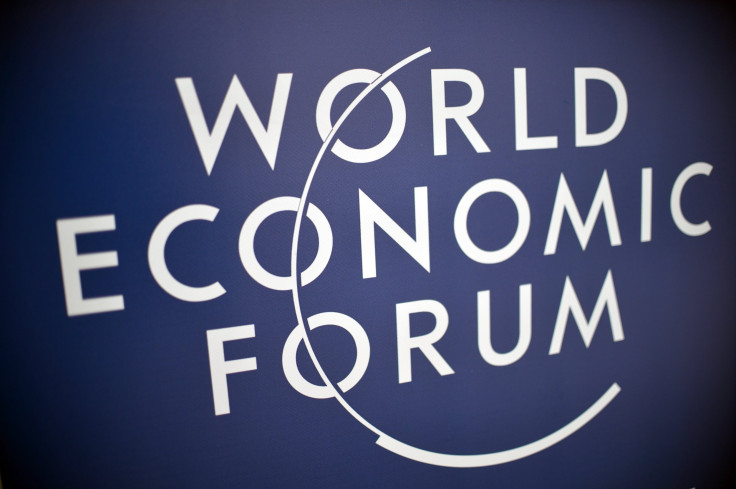Climate Change News: World Economic Forum Highlights Top 5 Global Risks

KEY POINTS
- This is the 15th Global Risks Report produced by the World Economic Forum since 2006
- Risk perception has shifted from the economy to climate, driven by greater knowledge and exposure to extreme events
- The rapid shift in concerns from economic to climate poses the possibility any gains could be negated by a shift back
The World Economic Forum says the top five long-term global risks are all climate-related in a report released Wednesday, contrasting with past assessments that put economic and financial crises as the top concerns.
The Swiss nonprofit’s Global Risks Report, its 15th since 2006, queried 800 participants about what they see as the top threats to the global economy. They cited extreme weather, failure to act on climate change, natural disasters, loss of biodiversity and manmade environmental disasters as the leading risks.
“Never before has one issue dominated the survey in this way, not even through the 2008-2009 financial crisis, when economic concerns occupied at most three out of the five top spots by likelihood, and four by impact,” Emilio Granados Franco, head of global risks and geopolitical agenda for the forum, said in a blog post.
Franco noted young people are pushing the climate agenda and rate the impact of extreme heat, destruction of ecosystems and the impact of pollution on health as extreme and imminent – and likely to get worse.
Access to better information is fueling these perceptions, he said, as is direct contact with extreme events like record heatwaves, flooding and wildfires.
Young people also accept economic stagnation and believe economic risks can be weathered in a way that climate and environmental risks cannot, Franco said.
“It is no doubt welcome news that stakeholders are worried about the fate of the planet. It means there is increased awareness of the grave threats of environmental degradation, which hopefully will translate into more ambitious climate action,” Franco said, at the same time calling the sudden shift from economic concerns to environmental concerns troubling.
“The global economy is showing signs of a slowdown that could last for many years, and if stakeholders view economic and environmental risks as distinct, there is a higher likelihood that short-termism will take hold as creating opportunities for economic advancement becomes more pressing.”
In the executive summary, the report asserts the world “cannot wait for the fog of geopolitical and geo-economic uncertainty to lift” to take action.
“Opting to ride out the current period in the hope that the global system will ‘snap back’ runs the risk of missing crucial windows to address pressing challenges,” the report says.
“Climate change is a very real and serious threat to society," said Alison Martin, a senior member of Zurich Insurance Group, which helped compile the publication, along with consultancy Marsh & McLennan and several universities.
"Extreme weather events such as heat waves and flooding are becoming more commonplace and severe, leaving communities to deal with often devastating humanitarian and economic costs," she added.
“Alarmingly, global temperatures are on track to increase by at least 3°C towards the end of the century -- twice what climate experts have warned is the limit to avoid the most severe economic, social and environmental consequences,” the report notes. “The near-term impacts of climate change add up to a planetary emergency that will include loss of life, social and geopolitical tensions and negative economic impacts. Dissatisfaction with economic conditions and the way governments have addressed social issues have sparked protests across the globe, weakening governments’ ability to act.”
© Copyright IBTimes 2024. All rights reserved.






















